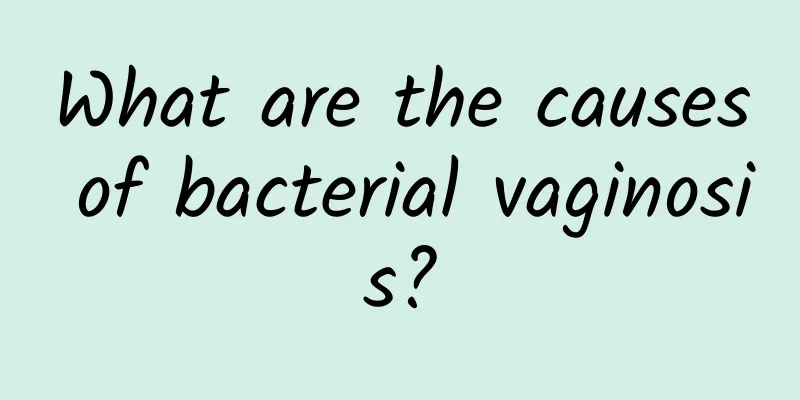Let's take a closer look at what is spontaneous abortion.

|
Many families have fallen into infinite grief due to miscarriage. Miscarriage is different from artificial abortion. Miscarriage is caused by non-human factors and occurs in a natural state. It is affected by many factors, which may lead to miscarriage in pregnant women. Therefore, we must do a good job of prevention and care. Let's take a closer look at what miscarriage is. Clinically, spontaneous abortion is different from artificial abortion. Artificial abortion is under the influence of objective and subjective factors, and is performed with the help of some external means, such as drugs and surgery. However, spontaneous abortion and artificial abortion are just the opposite. Spontaneous abortion refers to abortion that occurs in a natural state, not caused by human will. Clinically, the incidence of spontaneous abortion can account for half of all confirmed pregnancies. Abortions that occur before twelve weeks are clinically called early abortions, and abortions that occur between twelve weeks and less than twenty-eight weeks are clinically called late abortions. According to studies, about three-quarters of abortions in human pregnancies will eventually end in spontaneous abortions. Most of the embryos stop developing after implantation, which is manifested as heavy menstrual flow or delayed menstruation, and vaginal bleeding accompanied by abdominal pain. Spontaneous miscarriage is caused by many factors, including the following: 3. Emotional fluctuations. If a pregnant woman has large mood swings during pregnancy, or is stimulated by external factors, it will cause an imbalance in the internal environment, causing the uterus to contract, and leading to miscarriage. |
<<: How long does it take to have sex after a miscarriage? Let's take a look.
>>: How long does it take to get pregnant after a miscarriage, and how should I adjust?
Recommend
What are the symptoms of ectopic pregnancy?
What are the symptoms of ectopic pregnancy? If ec...
Exercise in the late stage of cervicitis
Exercise in the late stage of cervicitis. We know...
How long does an abortion take?
How long does an abortion take? Abortion is divid...
Benefits of eating deer placenta cream after miscarriage
After some women learn they are pregnant, they go...
Best treatment for bacterial vaginosis
I believe that many friends are familiar with bac...
Several common methods of detecting ectopic pregnancy
According to recent medical statistics, the incid...
Brief analysis of common precautions in the treatment of chronic adnexitis
According to recent survey statistics, the number...
Are you using the right medicine for hyperprolactinemia?
What medicine should be taken for hyperprolactine...
What causes dysmenorrhea?
Dysmenorrhea can be said to be the most common. A...
How to self-examine cervical warts
The occurrence of cervical warts can cause seriou...
Brief introduction: Three effective measures to prevent dysmenorrhea
Dysmenorrhea is a gynecological disease that can ...
What are the causes of bilateral ovarian cysts?
For the treatment of ovarian cysts, due to differ...
What causes vulvar leukoplakia?
What causes vulvar leukoplakia? Vulvar leukoplaki...
If you don’t want vaginitis to recur, you must remember these three points!
Vaginitis is a gynecological disease that affects...
Do you know about chronic cervicitis?
Do you know about chronic cervicitis? Do you know...









